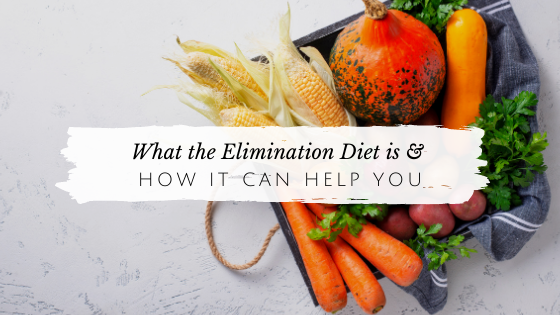You'll start by removing certain foods from your diet -- the foods that are well-known for causing symptoms. Then, you'll reintroduce the foods you eliminate one at a time and take note of any symptoms. The process takes about six weeks, and if you have a food sensitivity or intolerance, you'll be able to see which food is causing your body distress and avoid it.
The Way Elimination Diets Work
There are two phases to the elimination diet. The first is elimination, where you remove the foods that could trigger the symptoms you're experiencing. You'll stop eating them for 2 to 3 weeks. These foods are commonly known allergens such as dairy, nuts, wheat, gluten, eggs, and seafood.
After that, you'll reintroduce the foods you eliminated. You'll take your time observing for 2 to 3 days after reintroducing each of the eliminated foods to see if any of them cause a reaction.
Common symptoms of food sensitivities and intolerances are rashes or changes in the skin, pains in the joints, headaches, fatigue, insomnia, bloating, and stomach pain or cramps. When you don't have any symptoms after reintroducing a certain food group, you can safely continue to eat it. But if you notice these symptoms, you've found your trigger food and can now work to keep it out of your diet.
How Elimination Diets Help
If you've been experiencing these symptoms of discomfort for a long time and are ready to figure out what's causing them, this is a great way to do that in the comfort of your own home.
It can significantly benefit you to determine if something you're eating is to blame for the way you feel. Those that eliminate foods that cause reactions in them start feeling better within days, and in weeks, they can feel completely reborn.
Benefits include:
- Your uncomfortable bloating will dissipate.
- Your skin will look radiant and healthy.
- You won't need coffee to give you energy in the morning.
- You may lose weight naturally by ridding any problem foods from your diet.
- Your menstrual discomfort may improve (and who doesn't want less pain?)
Believe it or not, food intolerances and sensitivities are more common than you think. If you uncover some intolerances or sensitivities, know that you are not alone. Knowing which foods set you off is an extreme asset, which is why choosing an elimination diet can help you find out once and for all what's going on with your body and how to restore balance.


 RSS Feed
RSS Feed
